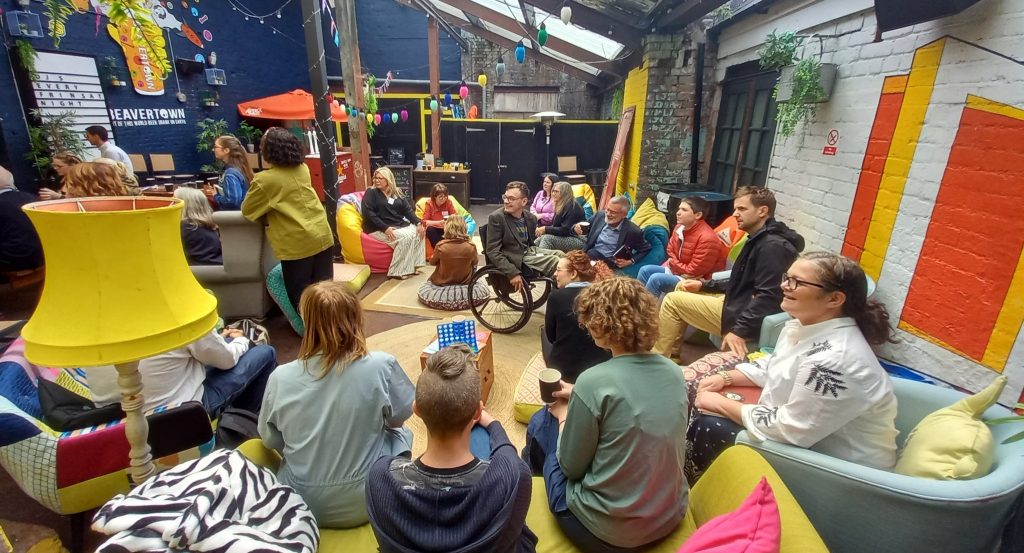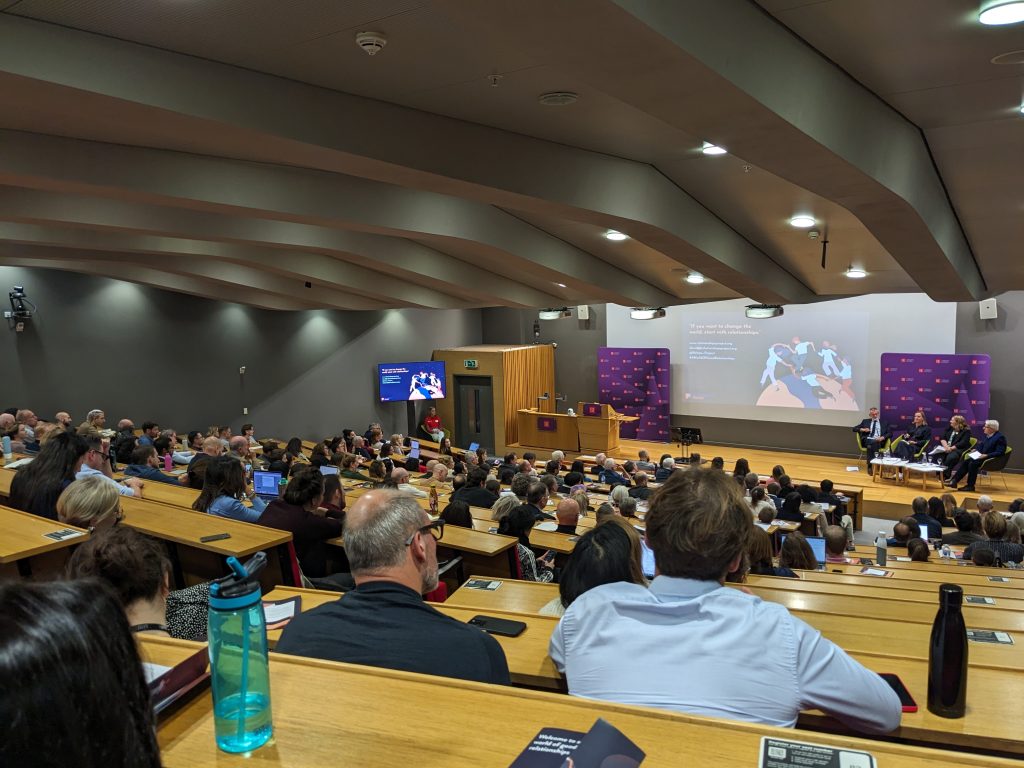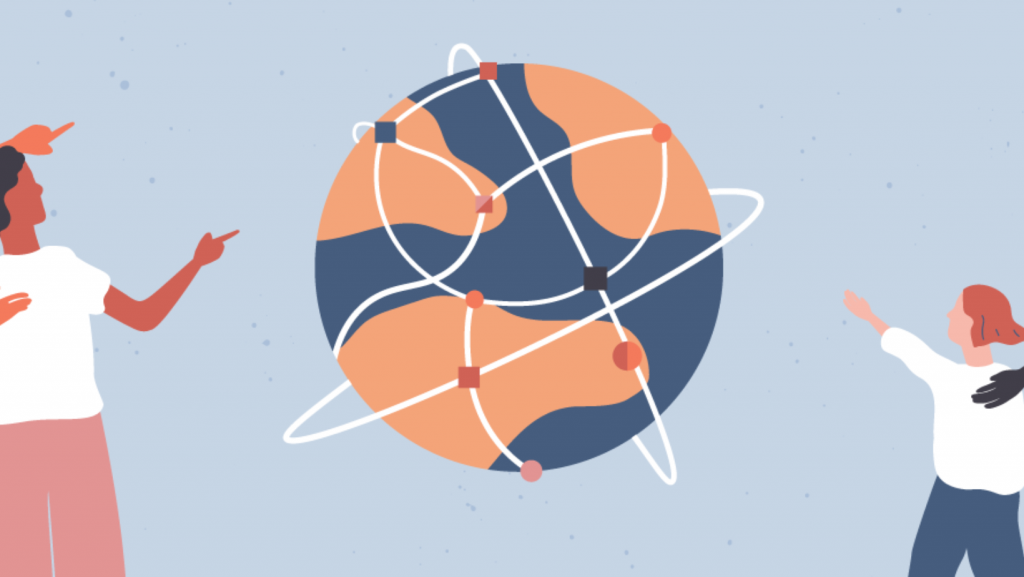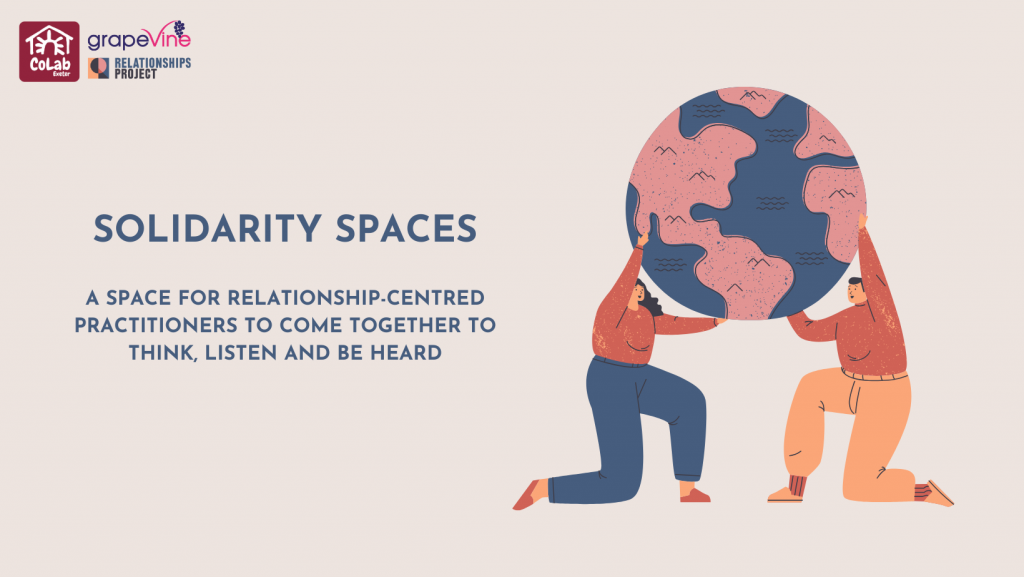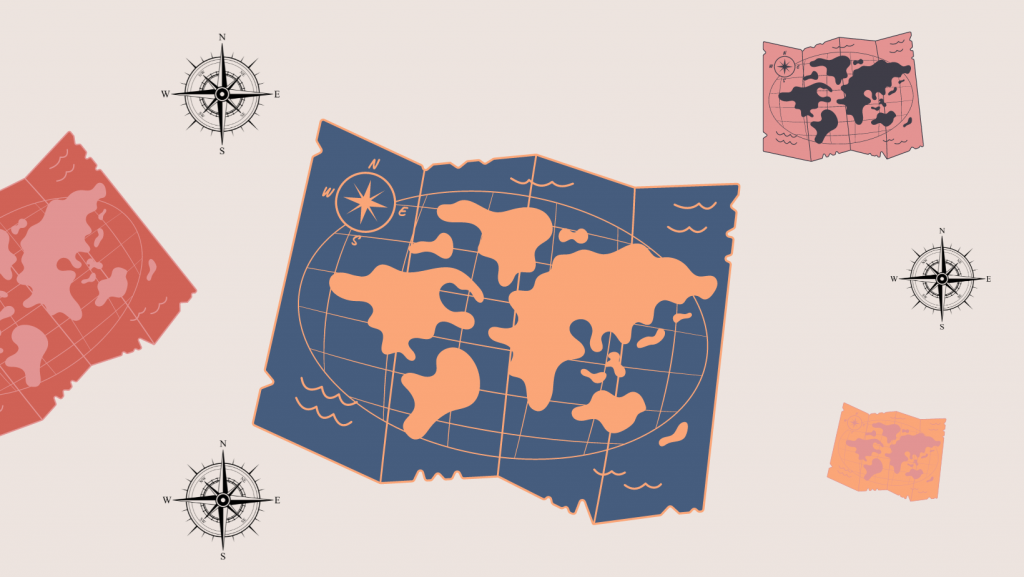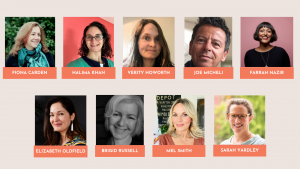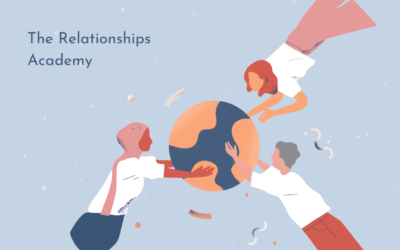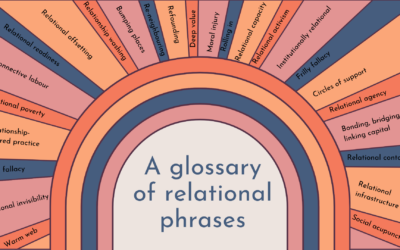In brief
Back in July 2021, we shared our proposal to the National Lottery Community Fund’s Bringing People Together Fund. In July 2022, we shared what we got up to in the first of our two years of funding – from recruiting the Relationships Collective to bringing together 80 relationship-centred practitioners in Newcastle and publishing the Bridge Builders Handbook and more.
Now, in the blink of an eye, we find ourselves at the end of that phase of funding. Whilst the time has flown by, it’s been a jam-packed two years with lots of progress across the field and much to look forward to in the months and years ahead. In this blog, we share our highlights from the second year of our Bringing People Together Funding and share our priorities for the future.
As ever, we’re keen to hear your ideas, comments and reflections on where we head next. Please leave a comment, Tweet us @Rships_Project or drop us an email to immy@relationshipsproject.org
Thank you to everyone who we’ve learnt from, been inspired and guided by, and to all who have been involved. It’s been such a pleasure getting to know – and learning from – so many brilliant relationship-centred practitioners.
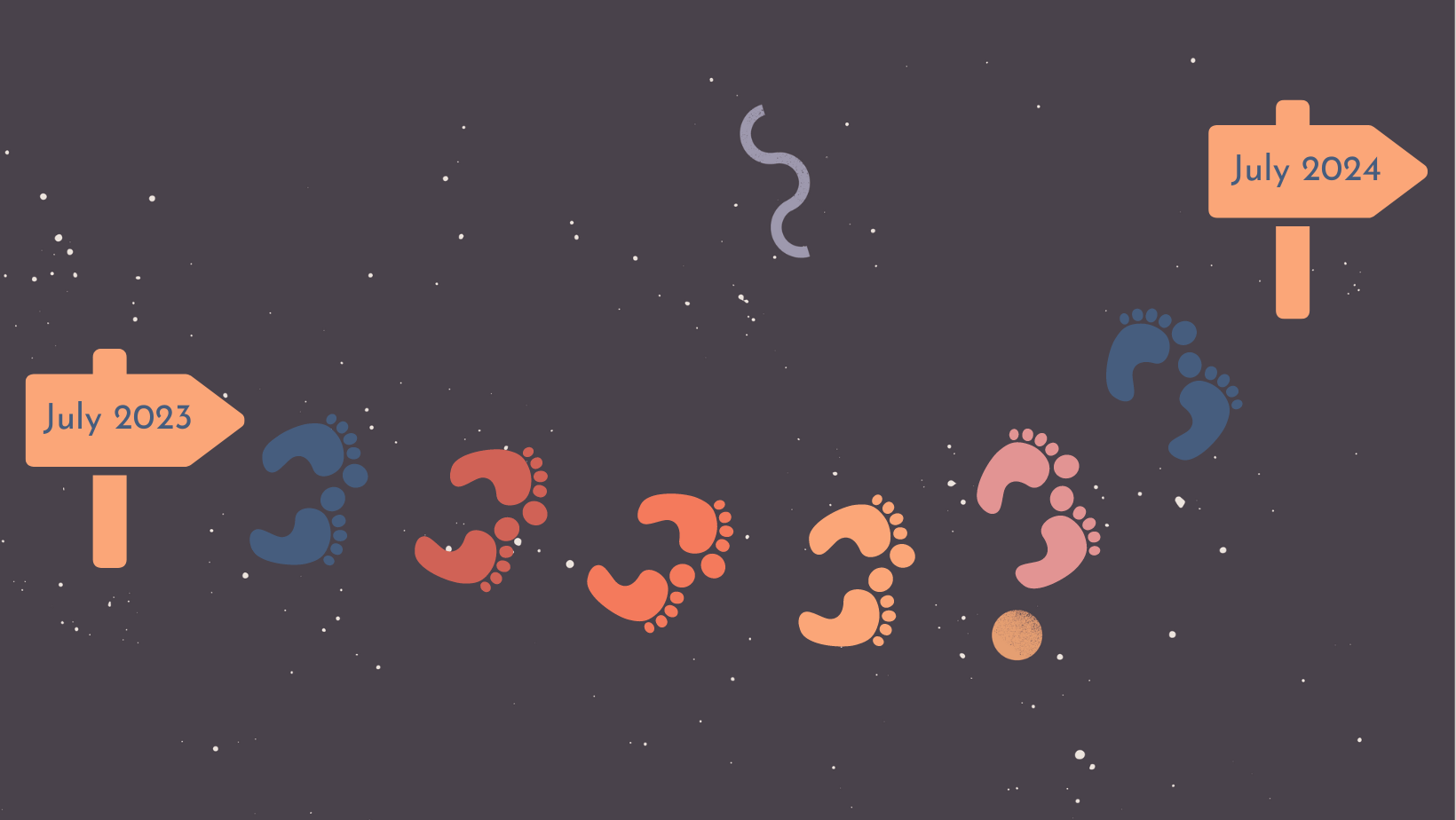
Recap
Here at The Relationships Project, we’re dreaming of a paradigm shift; a shift towards a world designed for and around good relationships;: a world where building and maintaining good relationships is considered the first mile, not the extra mile.
From the start of our partnership with the Lottery, our aim was to design, test and build the infrastructure needed to support shared learning and collaboration between all those in the ‘field of relationship-centred practice’ (or ‘the field of relationships’ as we often refer to it). It is our founding hope that the infrastructure for relationships will:
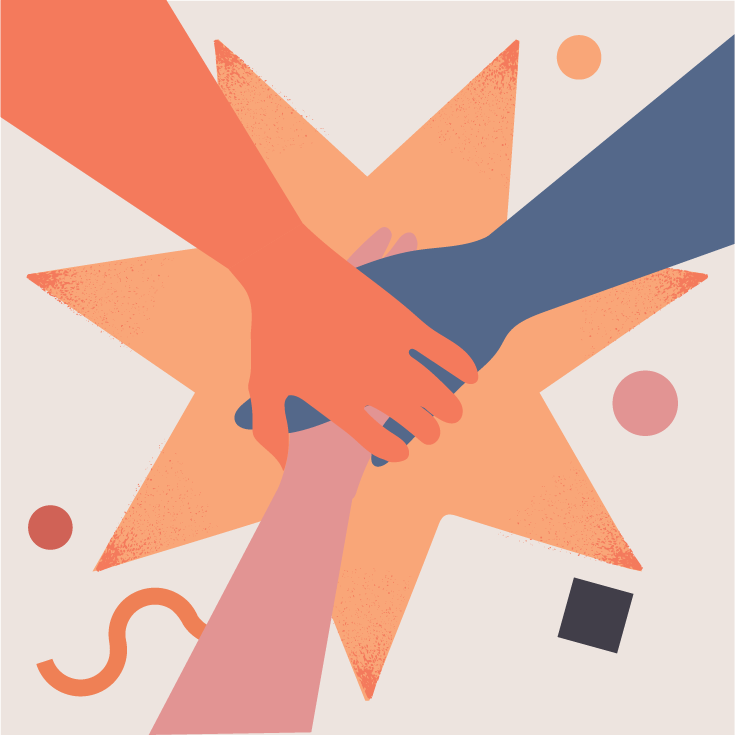
Connect
those of use who share a belief in the importance of relationships but are – somewhat ironically – disconnected from one another, creating opportunities to share, learn, collaborate and feel part of something bigger
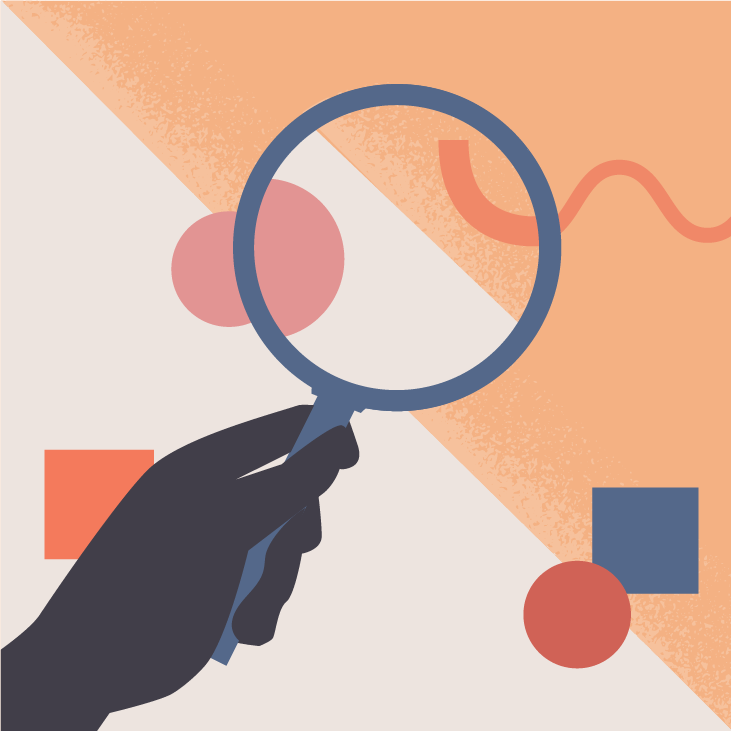
Understand
build our collective understanding of what works when it comes to putting relationships first and why it matters. In doing so, we hope to grow momentum, energy and funding for relationship-centred practice including amongst those who are currently sceptical of it
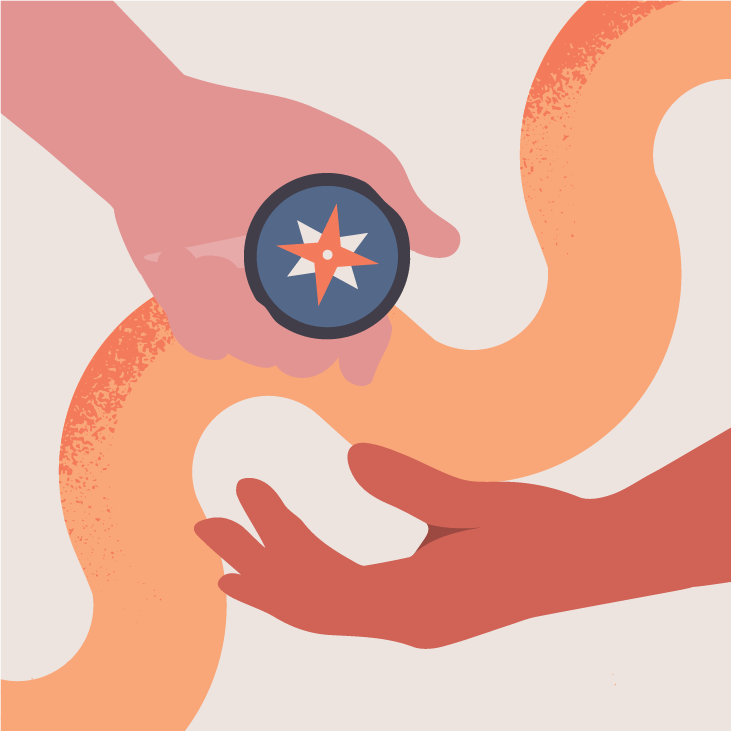
Embed
relationship-centred practice across our communities, organisations, sectors and systems, ensuring that we’re planting trees, not cress
Key concepts
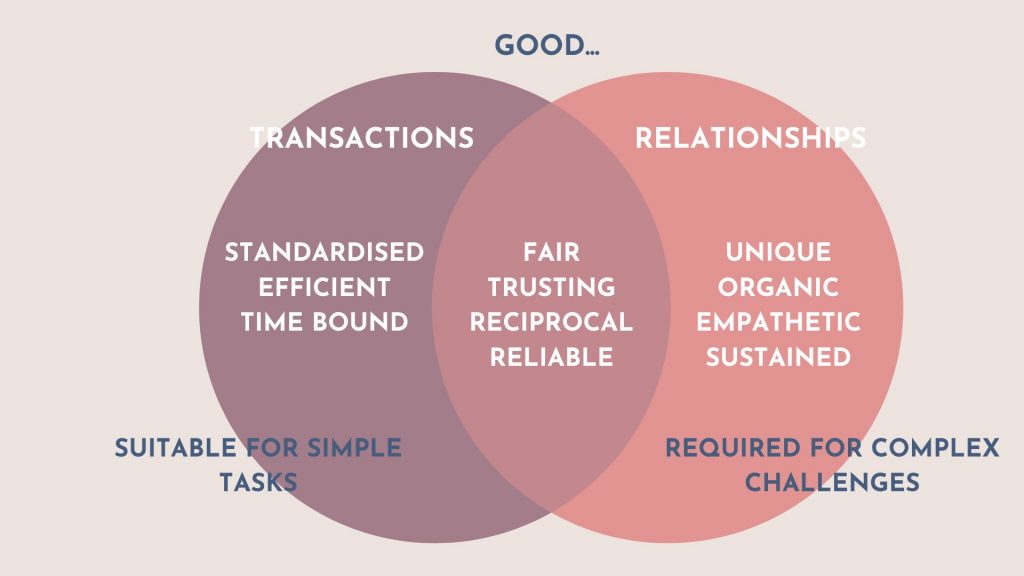
What we mean by good relationships
We often use the word ‘relationship’ to mean many different things. To draw out what we mean by good relationships, we find it useful to draw comparisons with transactions
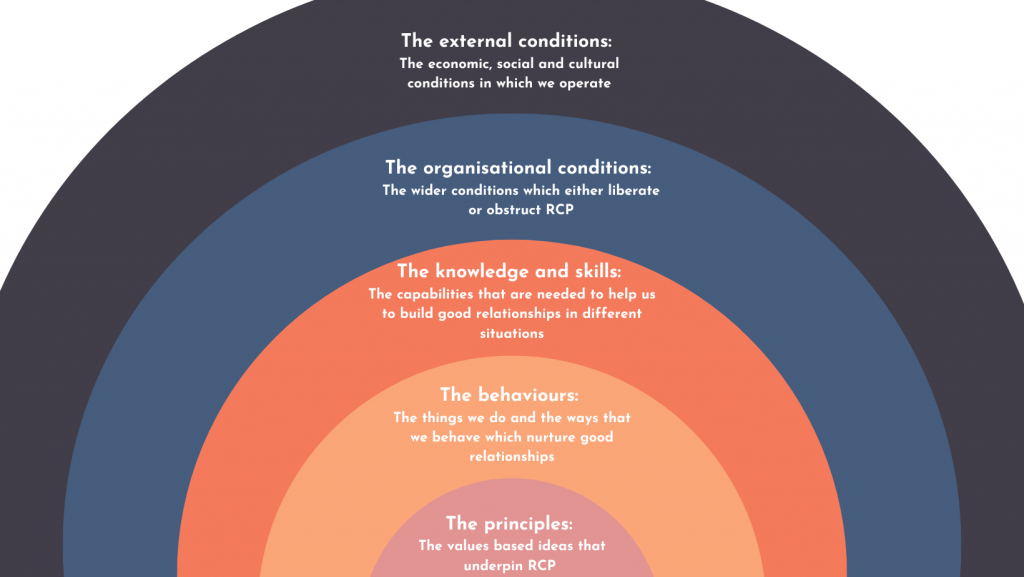
What we mean by relationship-centred practice
Relationship-centred practice (RCP) puts relationships first. It unlocks potential and meets need by positioning meaningful and effective relationships as the first order goal
Looking back
It’s been another busy year for the Relationships Project, and for the wider field of relationship-centred practice. Looking back at our own work over the past 12 months, some of our highlights include:
Bringing 120 relationship-centred practitioners together in person, in Birmingham, to explore how we can change our permissions to put relationships first. We heard from brilliant speakers, played a scenarios game, and hung out in a Camerados Living Room. A good day for the soul.
Being invited to give a public lecture at the LSE where we explored our vision for a world of good relationships and our plans for the future. We were joined by the excellent Kirsty McNeill and Gemma Mortensen who provided thought-provoking responses to audience questions.
Publishing the Relationships Case Maker and learning about the fantastic work of relationship-centred organisations working in deathcare, palliative care, community development, social justice and more. Co-authored by the talented Matt Lloyd-Rose, it’s a publication we keep referring back to.
Hosting a series of Solidarity Spaces, based on the tried and tested Spaces for Listening model, and feeling humbled by the lengths that relationship-centred practitioners will go to, and the power of being heard.
Seeing the Relationships Map grow and flourish, now showcasing the work of over 120 organisations and individuals helping to build a more relationship-centred world. Through the map, dozens of new connections have taken root.
Journeying alongside the Relationships Collective in understanding – and seeking to respond to – the needs of the field. Between us, we’ve written book proposals and funding proposals for relationship-centred work; we’ve taken the language of relationships, love and compassion into new arenas; we’ve hosted Solidarity Spaces; delivered workshops and training; helped shape a narrative around importance of relationships; and kicked off work to share the wisdom across the field
What have been the notable moments for you? We’d love to hear them! Leave a comment, Tweet us @Rships_Project or drop us an email to immy@relationshipsproject.org
Reflections on the field
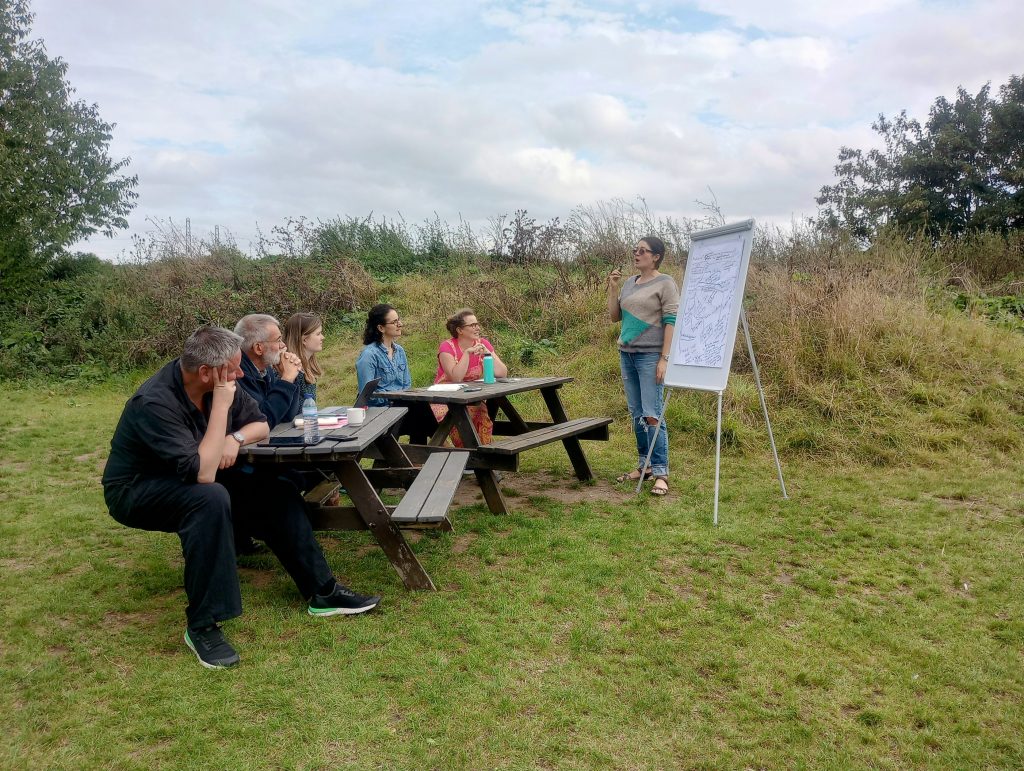
Over the past two years, we’ve been working closely with the 9 wonderful members of the Relationships Collective to listen, learn and respond to the evolving needs and opportunities of the wider field. They are: Halima Khan, Elizabeth Oldfield, Farrah Nazir, Joe Micheli, Sarah Yardley, Verity Howorth, Mel Smith, Brigid Russell and Fiona Carden.
Here are some of our reflections and learnings, reminding us that whilst we’ve come a long way, there’s still work to be done.
Relationship-Centred Practice is the only thing that’s going to galvanise the community I’m working in and that has any chance of meeting the challenges we’re facing in Exeter. I feel hugely positive about this way of working. We’ve got two big bits of funding recently and that’s all because of our relational approach.
But at the same time there is a feeling that people are moving away from relational ways of working and this is down to fear. There have been 11 drug-related deaths in Exeter in the past year. Services are blaming one another and they’re not willing to collaborate. The blame game is generated from fear and when people are afraid, they retreat.
If you want to change the world, you need to change the relationship, but you also need to change the narrative. We need to move away from narratives of blame and paternalistic narratives around vulnerability. We need to make the case that we can’t afford not to do this.
We need to be thinking about good, not safe because sometimes good isn’t safe. We need to switch the language from risk to choices. Choices have consequences that we think through. We tie ourselves in knots around risk. Risks become organisational risks – the focus becomes how can the institution protect itself. A risk isn’t actually harm, just like potential isn’t actually benefit
There’s growing recognition of the importance of relationships at the national level, building on local and regional work. Often this is wrapped up in adjacent agendas and language – like social infrastructure or community-led health or social capital or integrated neighbourhood teams. All of this is an opportunity for relationship-centred practice. So, on one level, progress is being made and opportunities are widening.
But, at the same time, on the ground, organisations working in relational ways are at or near crisis. And the response to a crisis is often for systems to go (back) into command and control mode. So there is a real urgency to bridging this divide
Looking forward
Our plans post-2024:
Building on our work over the last 5 years, we are developing a programme of initiatives which will take our existing work to the next level in the next 5 years. Each element combines our desire to understand, connect and embed practice across the field of relationship centred practice. And each of them tips the world further towards a transformation in mindsets, processes and leadership. Of everything we do we now ask the Generation Question “How does this contribute to moving the dial for the next generation of citizens and practitioners?”

A learning network to build understanding
Policy and practice builds on robust and grounded evidence. What is researched, and how it is researched, will determine the shape and direction of this agenda.
Working in partnership with the After Disasters Network, Northumbria University and other research and academic institutes, we will nurture and enable a multidisciplinary network which combines academic rigour with the wisdom of practitioners in a network of hubs. Ultimately we’re aiming to help establish relationship-centred practice as a legitimate and trusted field of academic enquiry, nourishing and leading policy and practice.
Over the next five years we will grow and strengthen the Learning Network (currently over 50 multidisciplinary academics and researchers from 40+ academic institutions.) This will enable us to build confidence in this agenda from within the academic space, whilst also identifying the gaps and opportunities for action. We will facilitate connections between the learning network and practitioner communities (see below) to seed and support new academic-meets-practice collaborations focused on building the understanding of, and the evidence around, relationship-centred practice, and supporting the embedding of such practice. And we will collate and share insight and learning from the network, continuing to build a compelling narrative for relationship-centred practice and supporting practitioners to embed these ways of working.

A network of practice communities to unlock connections and collaboration
Because mindsets, processes and leadership do not currently prioritise relationships, being a relationship-centred practitioner can be lonely and emotionally draining. That’s why building communities of practice has played a big part in our work, and will continue to do so. These communities are the green shoots of a relationship-centred movement; the centre from which ideas grow, resources are shared, and our shared vision of a world of good relationships is realised. We are here to water and tend to them.
We’re working towards an ecosystem of interconnected practice communities which serve and connect all those who make up the field of relationship-centred practice across policy, community, government, academia and more. Each community will serve a different set of needs; some subject specific (e.g. relational councils, relational health), others which cut across different specialisms and topic areas. Some are mainly about information exchange, others place more emphasis on creating a sense of being part of something bigger, and building a sense of solidarity. These will be well-woven networks with ideas, approaches and learning shared across them and feeding back into the shared knowledge and resource base.
In partnership with those leading relationship-centred work on the ground, we hope to seed 30 more communities of practice over the next five years where there is greatest need eg. health and social care; and in particular geographical locations. We’ll continue to host an annual calendar of events, gatherings and festivals for relationship-centred practitioners to understand their practice, connect with others and embed the learning. And we will take the map of relationship-centred practitioners the length and breadth of the UK to the next level ensuring that practitioners feel part of the movement and are able to find collaborators. This will also ensure funders and wider strategic stakeholders are able to recognise, understand and enable the movement.

An academy for leaders to embed practice, now and in the future
There is no job in any sector or at any level that isn’t done better with relational literacy. The value we ascribe to professional relationships, and the attention we pay to them in the training of leaders at all levels, is woefully inadequate. The work we do to build an Academy for relational leadership will aim to change this. Addressing the leadership challenges in the workforce today isn’t enough. To get ahead of the curve we think we need to be working with the next generation of leaders. The Academy will support them to develop the mindsets, processes and leadership to seize the opportunity to realign around a world that is built for and around good relationships.
Over the next five years we will weave together all that we surface and learn about the need for and application of relationship-centred practice in an evolving ‘pattern library’ which will act as a wayfinder and implementable guide for practitioners across the field. The pattern library will be developed collaboratively, will be available free of charge, and will form content for the academy, through which we will take different cohorts. Each cohort will be made up of future leaders who share a set of interests and priorities, e.g. a cohort aspiring MPs, a cohort of medical students etc and all will be supported to become enablers, champions, and leaders of relationship-centred practice. And to make progress in the here and now, we will collaborate with others in the field to pilot a tiered consultancy package suitable for different sized organisations and services ready to centre relationships now.
Thank you
None of this work would have been possible without the support of The National Lottery Community Fund and the collaboration and contributions of our other funders, as well as many more brilliant people and partner organisations from across the field. Whilst there’s a long way still to go, we’re emerging from the last two years of learning, experimentation and service feeling hopeful and more convinced than ever that it’s only by putting relationships first that we can navigate our way towards a brighter future.
Highlights from the blog
How to have it all: relational offsetting
In brief This month, the UK government announced a huge public rollout of AI. If the plans embrace relational offsetting, it could allow us to prioritise human relationships where they really matter. Our hope is that 2025 will be the year when relational offsetting...
The Relationships Academy: Why, What and How
How can we most usefully respond to the increasing demand for knowledge about relationship-centred practice, and for support in turning that knowledge into action on the ground? This is the question that we have been actively exploring since we put forward the idea of...
A glossary of relational phrases
In brief Over the last few years, many of us have been talking more and more about the importance of putting relationships first in our organisations, systems and communities. In being party to some of these brilliant conversations, and developing our own thinking,...

